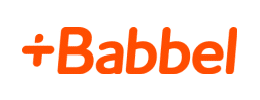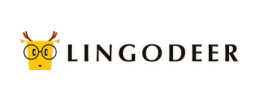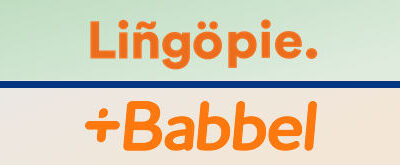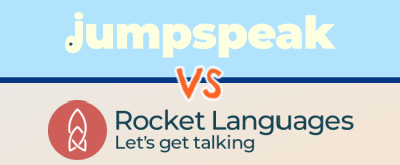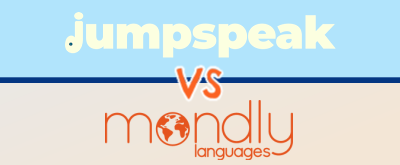When it comes to mastering a new language, finding the right app can make all the difference. In this article, we compare Babbel and LingoDeer, two popular platforms with distinct approaches to language learning, to help you decide which one aligns best with your goals and preferences.
Video Review: LingoDeer vs Babbel
In the video above, Bianca from the Guide 2 Fluency team gives a full comparison of LingoDeer vs Babbel. She covers how each programme teaches languages, key features, pros and cons, pricing, and whether LingoDeer or Babbel is worth it compared to other language learning apps. For more detail, be sure to continue reading our full written comparison below.
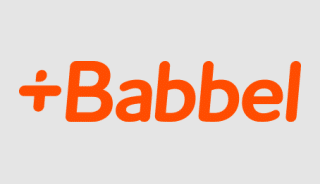
Sale: 55% OFF
Applied in Cart
|
$8-$15/mo |
Ideal language app for beginners featuring short, engaging lessons, diverse practice exercises, and accurate speech software. |
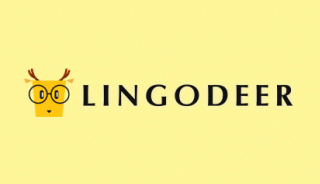
Learn Today
Free Trial
|
$7-$15/mo |
LingoDeer offers gamified, immersive lessons with a focus on grammar and sentence structure, making it particularly effective for learning Asian and European languages through a story-based, self-paced approach. |
Editor’s Choice
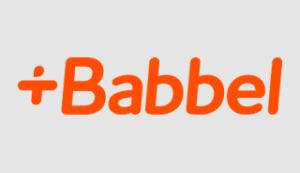
Babbel
- Multiple Subscription Options
- Money Back Guarantee
Pros
- Affordable monthly subscription plans (less than $10/mo)
- Short, engaging lessons format
- Diverse mix of drills and exercises
- More robust verbal practice drills than LingoDeer
- Regular review sessions to boost material retention
Cons
- No free version
- Minimal use of video/images within lessons
Why Babbel Is Better Than LingoDeer
To start, let’s discuss the major reasons you should choose Babbel over LingoDeer to help you learn a new language, such as German, Italian or Russian.
Diverse Lesson Format
The first aspect our team appreciates about Babbel is the diversity of its lessons. While we value the straightforward and consistent structure of LingoDeer’s lessons, Babbel’s more dynamic and interactive approach keeps us more engaged overall.
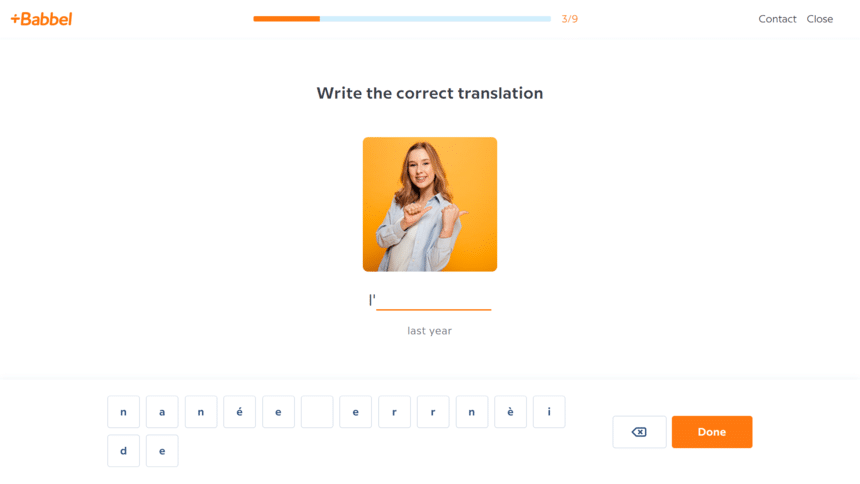
With Babbel, you might begin with a speaking drill, move on to a picture-based flashcard activity, tackle a matching pairs exercise, and then wrap up with a simulated dialogue—making the lessons feel quick and enjoyable. This variety not only holds your attention but also reinforces language retention effectively.
Verbal Practice Exercises
One key advantage of Babbel is that its courses and lessons are more effective for developing speaking skills compared to LingoDeer.
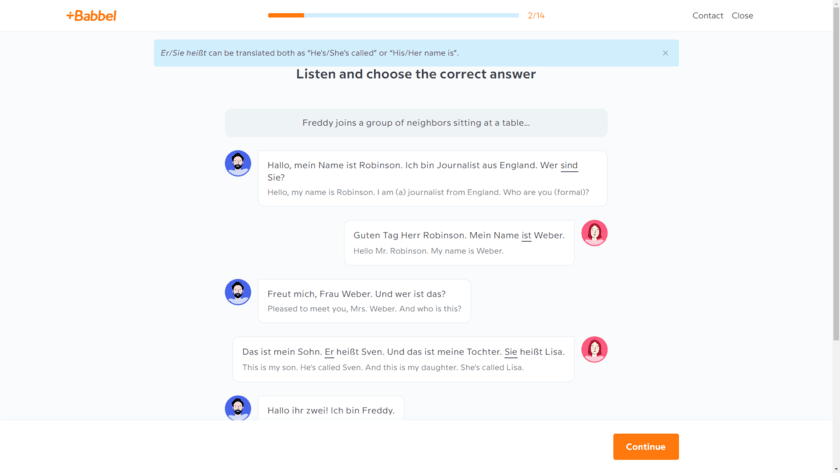
While LingoDeer offers limited verbal practice outside of its “Stories” feature, Babbel provides a more comprehensive set of verbal exercises, supported by advanced speech recognition technology. This gives Babbel an edge in two areas: offering diverse speaking practice and providing instant feedback on pronunciation.
In short, for learners aiming to build verbal skills and start engaging in basic conversations, Babbel clearly stands out as the stronger option (similar to Rocket Languages).
Helpful Grammar Exercises
Another standout feature of Babbel is its approach to grammar instruction, which, like LingoDeer, is both thorough and well-structured.
What sets Babbel apart, however, is how it avoids overwhelming learners with lengthy, dense explanations. This streamlined approach can be especially helpful during the early stages of language learning, where clarity and simplicity are key.
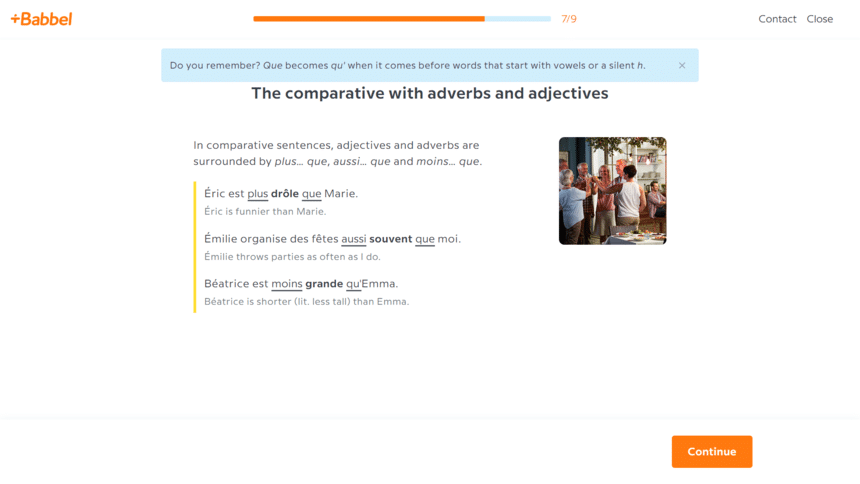
Instead of requiring learners to open a separate e-book-style lesson as LingoDeer does, Babbel seamlessly integrates grammar instruction into its core lessons. For instance, a lesson might start with a brief one- or two-sentence explanation of a concept like noun-adjective agreement, followed by a fill-in-the-blank exercise to solidify your understanding.
Overall, we appreciate how Babbel not only prioritizes grammar but also incorporates it into its lessons in a way that feels natural and effective.
Live Classes
Lastly, we really appreciate that Babbel offers live classes as an additional option. While these classes aren’t included in the standard subscription and require an extra fee, they’re a valuable resource for those seeking more interactive learning opportunities.
Babbel provides hundreds of small-group live classes each week, covering a wide range of topics for learners at all levels. These sessions allow you to explore fascinating subjects, practice your conversational skills, and connect with fellow learners under the guidance of expert instructors.
What’s more, the flexibility of Babbel’s schedule makes it easy to find classes that fit your availability, so you can join or skip sessions as it suits your needs. These live classes are a fantastic way to deepen your understanding and engage more actively in your language learning journey.
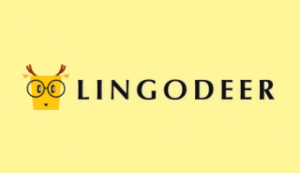
LingoDeer
- Multiple Subscription Options
- Money Back Guarantee
Pros
- Courses/curriculum is customized to each language
- Clear audio recordings of fluent speakers (ideal for auditory learners)
- Detailed grammar explanations
- Stories include interesting cultural insights
Cons
- Minimal verbal practice
- Small user issues with mobile app
- Odd lesson progression
Why LingoDeer Is Better Than Babbel
Now that we’ve discussed Babbel in detail, let’s turn the tables and talk about the reasons to choose LingoDeer to help you speak a second (or third) language.
Audio Clips Of Native Speakers
Another standout feature of LingoDeer is the quality of its HD audio clips. The recordings are exceptionally clear and crisp, with full sentences spoken by native speakers, which greatly enhances the learning experience.
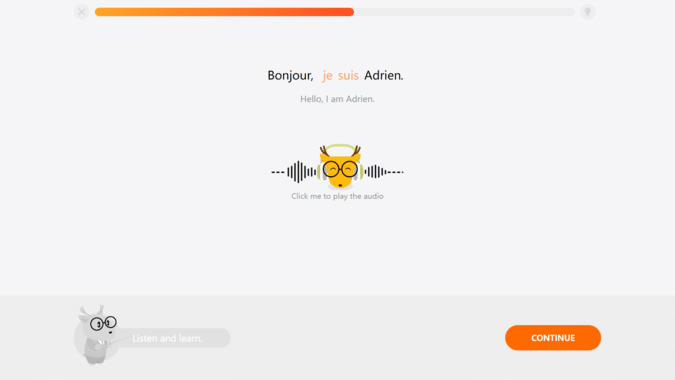
While high-quality audio might seem like a small detail, it’s actually a significant advantage. One of the challenges we’ve encountered with other apps, like Duolingo, is that their audio for full sentences can sometimes sound unnatural or disjointed.
In contrast, LingoDeer ensures that its audio feels authentic and fluid, much like Pimsleur, making it a strong point in their lessons. The attention to detail in their audio recordings truly sets them apart.
Comprehensive Grammar Coverage
One of LingoDeer’s greatest strengths, in our team’s view, is its grammar explanations, which we believe are on par with Babbel in terms of quality.
LingoDeer provides these explanations through their “Learning Tips” feature, which is a valuable resource. At any point during a lesson, or even when you’re not actively learning, you can click on the light bulb icon to open an e-book-style pop-up that offers in-depth explanations and examples of grammar concepts relevant to your current lesson or unit.
This feature has been incredibly useful for us, as it ensures a deeper understanding of grammar fundamentals as learners progress through the material. LingoDeer truly excels at making sure users grasp the essential building blocks of grammar throughout their courses.
Customized Courses
Finally, one of the aspects our team really appreciates about LingoDeer is that it doesn’t take a one-size-fits-all approach to language learning. Instead, they tailor each course to the specific language, reflecting the unique culture and context of the language being taught (unlike Rosetta Stone).
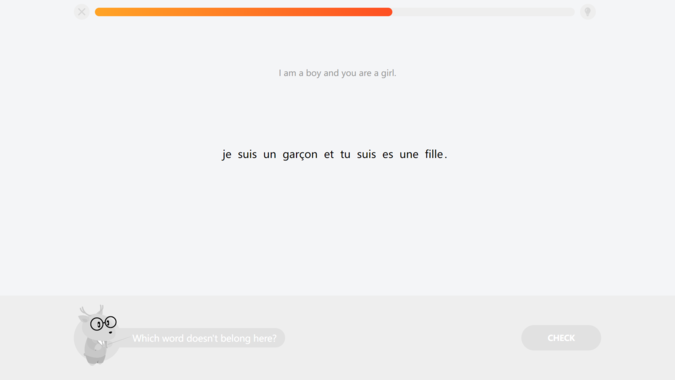
Rather than relying on generic topics like food, transportation, and objects, LingoDeer incorporates culturally relevant elements, such as local foods, landmarks, and customs, making the learning experience more authentic and engaging.
Not all language apps offer this level of customization, so we definitely commend LingoDeer for creating distinct courses that immerse learners in the cultural aspects of the language.
Verdict: Which Language App Should You Choose?
After thoroughly testing both apps, our team has determined that Babbel stands out as the clear winner. While LingoDeer certainly excels in certain areas and has its own unique strengths, we believe that Babbel offers a more comprehensive and balanced language learning experience overall.
Babbel impresses with its engaging, fast-paced lessons that keep learners motivated and on track. The platform provides excellent verbal practice exercises, allowing users to improve their speaking skills, while the grammar instruction is clear and seamlessly integrated into the lessons. Additionally, Babbel’s advanced speech recognition technology helps learners refine their pronunciation with immediate feedback.
What truly sets Babbel apart, though, is the added value of their live classes, which offer a chance to interact with instructors and other learners in real time. With all of these features combined, Babbel provides a solid pathway for achieving intermediate fluency quickly and effectively, making it our top choice for language learners.
The main difference between LingoDeer and Babbel lies in their approach to lesson structure and content. While LingoDeer excels in its highly gamified, culture-specific lessons tailored to Asian languages, Babbel offers a more well-rounded, comprehensive language learning experience with a focus on practical conversations, grammar integration, and interactive speaking practice.
The choice between Babbel and LingoDeer depends on your learning goals and preferences. Babbel is better for those seeking a comprehensive, well-rounded experience with a focus on real-world conversations and speaking practice, while LingoDeer excels for learners interested in a gamified, culturally immersive approach to mastering Asian languages.

